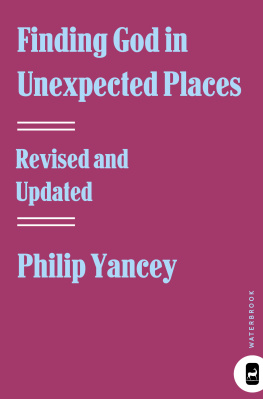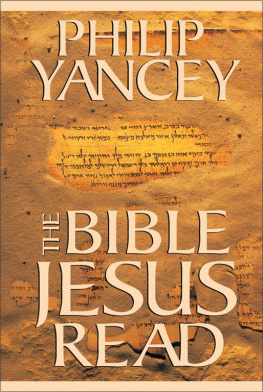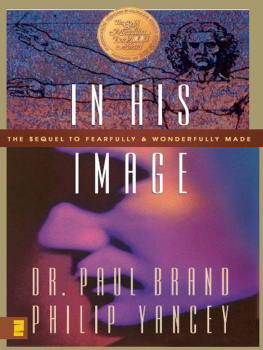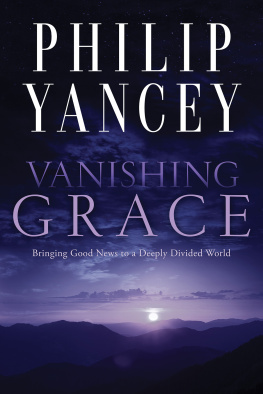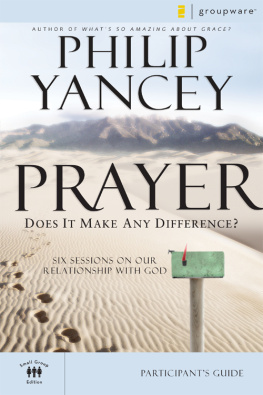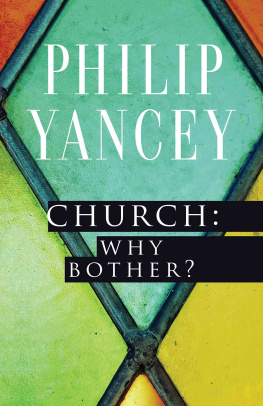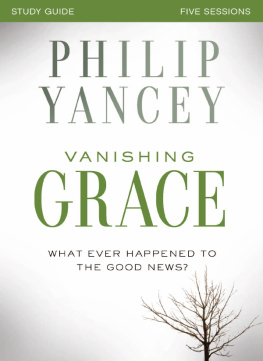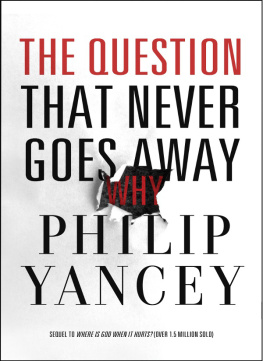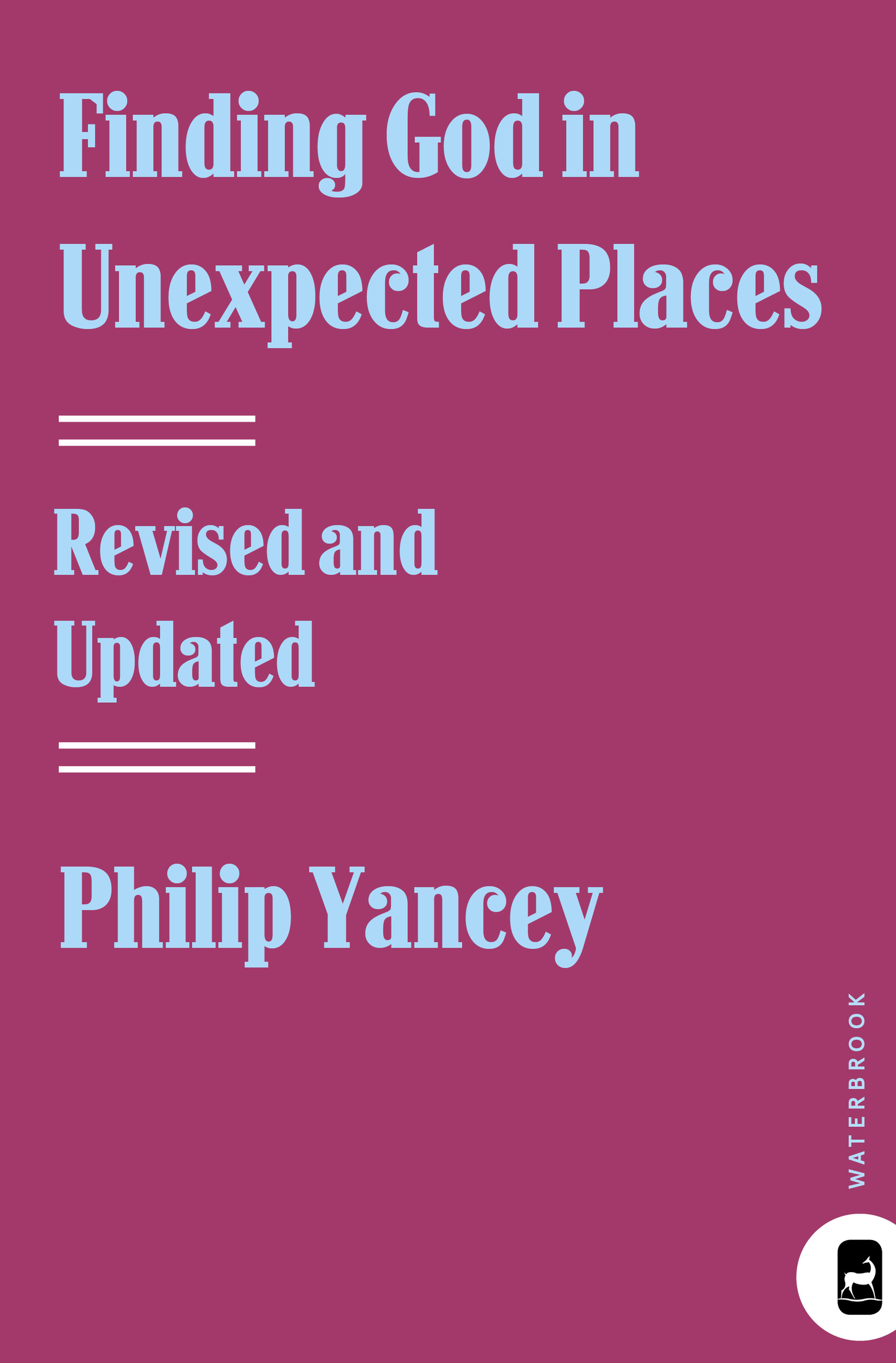
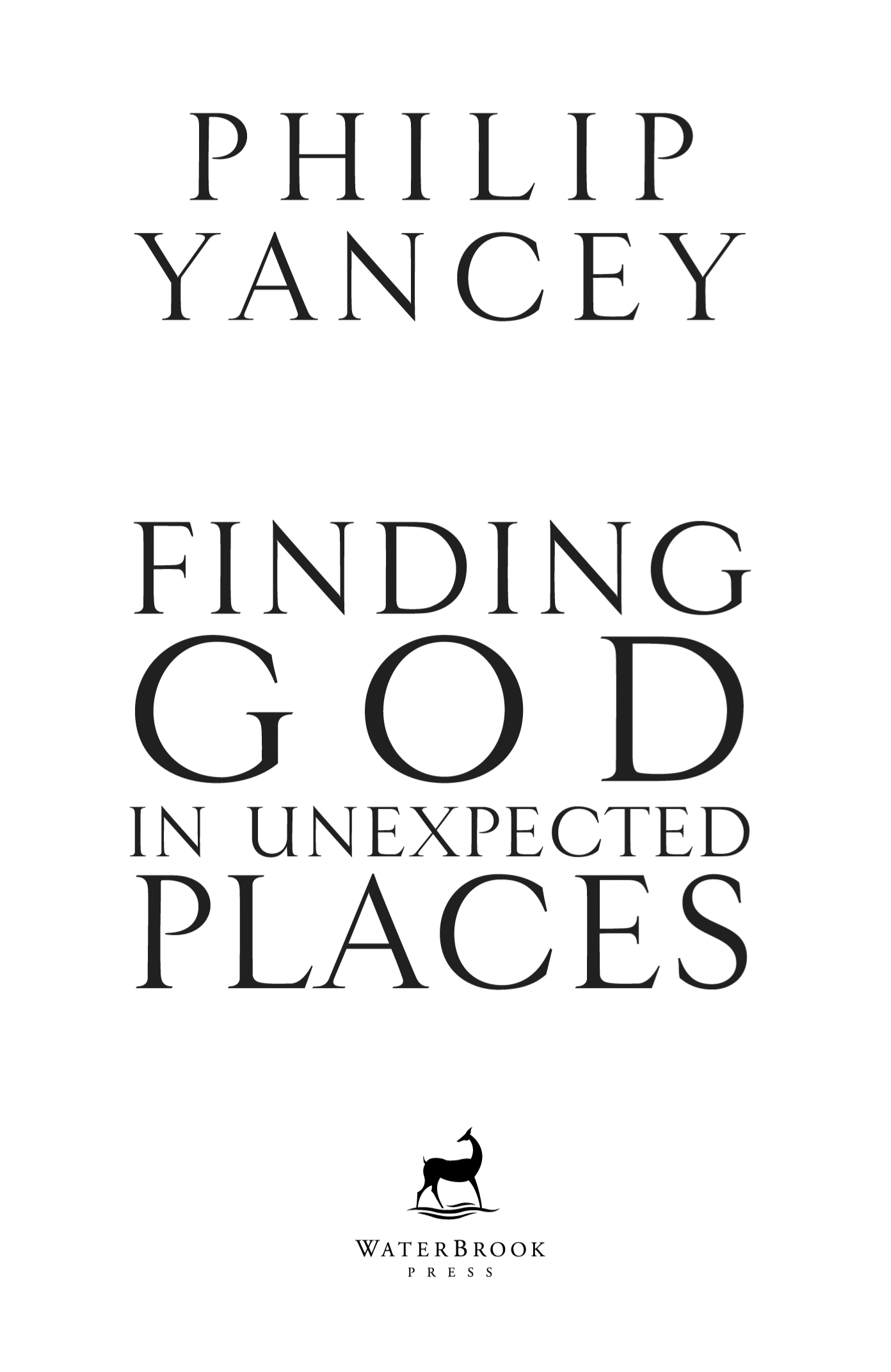
Contents

Introduction

I began my career back in 1971 as a magazine journalist. Every month I would write four or five articles on a wide variety of topics. I liked the quick pace, the vicarious thrill of leeching other lives more exciting than mine, and the sense of guilt-free writing (magazines usually get thrown away, so if I wrote something boring or stupid one month, I could try to improve on it the next).
The process of writing books required some adjustments. I had to be more careful because a book can stay in print a long time. If I made a factual error or took a controversial position, I might still be hearing about it a decade later.
I also had to learn to adjust my attention span. I read somewhere that in the early days of the Alaska Highway, tractor-trailer trucks would make deep ruts in the gravel as they carried construction equipment to boomtowns up north. Someone posted this sign at the beginning of the road: CHOOSE YOUR RUT CAREFULLY, YOU'LL BE IN IT FOR THE NEXT 200 MILES. It takes me between one and two years to write a book, and if I don't choose carefully, that time period may well seem like an endless rut.
Perhaps because I've never outgrown the journalism instinct, I intersperse my book projects with travel and articles. For twenty years I have written a column on the back page of Christianity Today magazine, and I've made it a habit not to think about that column until the deadline day arrives. For one day a month, at least, I can keep a little spontaneity in my writing life. The next day, I rejoin the rut.
T his book is a bit of a hybrid because in it I have pulled together spontaneous pieces, added others, and reworked them into something that I hope takes shape as a book. I can look back over the past years' work and see the topics and trends that have caught my attention as a writer and observer.
I have watched a marked polarization in U.S. society. As court decisions and the general drift of culture push religion to the fringe, some Christians act more and more as if they belong to a fringe religion. Christians under duress often show a tendency to withdraw from the world, pull up the drawbridge, and retreat behind a protective moat. I feel sad about this trend because it directly contradicts Jesus' command to act like salt in meat and light in the midst of darkness. Salt has no effect when sealed in a jar on the shelf, and a closeted lamp illuminates nothing.
The castle into which Christians retreat is the church. That makes me sad as well, because for many people the church can be the least likely place to find God. Jesus himself looked for God not among the pious at the synagogue, but in a widow who had two pennies left to her name and in a tax collector who knew no formal prayers; he found his spiritual lessons in sparrows sold at a market, and in wheat fields and wedding banquets, and, yes, even in the observations of a mixed-race foreigner who had five failed marriages. Jesus was a master at finding God in unexpected places.
In my own pilgrimage, I have had to look beyond church walls in order to find God. Growing up in Southern fundamentalism, my search for God was blocked by racism and fear and judgment. In the beautiful, orderly world of nature I first saw glimpses of a Creator who has lavished on us a good and grace-filled world. As I began to believe, I found rumors of transcendencethe footprints of Godin places I had never before thought of looking.
Theologian John S. Dunne tells of a group of early Spanish sailors who reached the continent of South America after an arduous voyage. Their caravels sailed into the headwaters of the Amazon, an expanse of water so wide the sailors presumed it to be a continuation of the Atlantic Ocean. It never occurred to them to drink the water, since they expected it to be saline, and as a result some of these sailors died of thirst. That scene of men dying of thirst even as their ships floated on the world's largest source of freshwater has become for me a metaphor for our age. Some people starve to death spiritually while all around them manna rots.
People shake their heads in despair over the state of the world despite the fact that by many measuresliteracy, nutrition, clean water, housingthings have decidedly improved in the past fifty years. Toward the end of the last century, one-third of all people on earth gained freedom from perhaps the greatest tyranny in history, with hardly a shot being fired. In Eastern Europe, a god fell to earth like an idol pulled from its pedestal, and at its base stood Christians armed with candles and the power of prayer. In South Africa, the leader of the last theologically racist party on earth led the way toward reconciliation. Why the change? F. W. de Klerk himself gave the reason: after his inauguration, in tears, he told his church that he had felt a calling from God to save all the people of South Africa, even though he knew he would be rejected by his own people. In China, the greatest revival of faith in history broke out in an atheistic state that tried desperately to quell it.
We tend to see what we are looking for. At the time the microscope was first invented, scientists believed that sperm were little embryos, with the woman serving as an incubator. Peering through the early microscopes, they saw and drew those embryos, homunculi or little men. They saw what they expected to see. Similarly, when the great astronomer Percival Lowell got a new twenty-four-inch telescope on a mountain in Flagstaff, Arizona, he saw a network of canals on Mars that confirmed the theories of Italian astronomers. He mapped them on a globe, and his 1908 book Mars as the Abode of Life laid out proof that these canals were built by intelligent beings.
Sometimes, like Lowell, we see things that aren't really there and sometimes, like the Spanish sailors, we fail to notice the very element we're floating in. In the world of faith, particularly, some things have to be believed to be seen.
T he job of a journalist is, simply, to see. We are professional eyes. As a Christian journalist, I have learned to look for traces of God. I have found those traces in unexpected places: among the chief propagandists of a formerly atheistic nation and refugees from a currently atheistic nation; in a storefront chapel at Ground Zero, an Atlanta slum, and even a Chicago health club; at a meeting of Amnesty International, on a weekend retreat with twenty Jews and Muslims, and on a panel addressing Why Do Muslims Hate Us?; in the prisons of Peru and Chile and orphanages in South Africa and Myanmar; in the speeches of Vaclav Havel and even in the plays of Shakespeare. This book, much of it adapted from my occasional writings, is my report of what I have seen in recent years.
I have found malaise in the midst of plenty and stirring hope in circumstances that should have produced despair. I have found evil in the most unexpected places, and also God.
This book was first published in 1995, but after 2001 the world changed so much I felt the need for a revision. In 1995 the economy was booming, the Cold War was a fast-receding memory, and the United States stood virtually unchallenged. Now everyone who goes through an airport security line or opens a suspicious-looking envelope knows that the world has changed. Fear now reigns. I removed nine chapters that seemed relevant before September 11, 2001, but less so afterward, and added fourteen new ones, including an entire section on Finding God in the Rubble.
Next page
